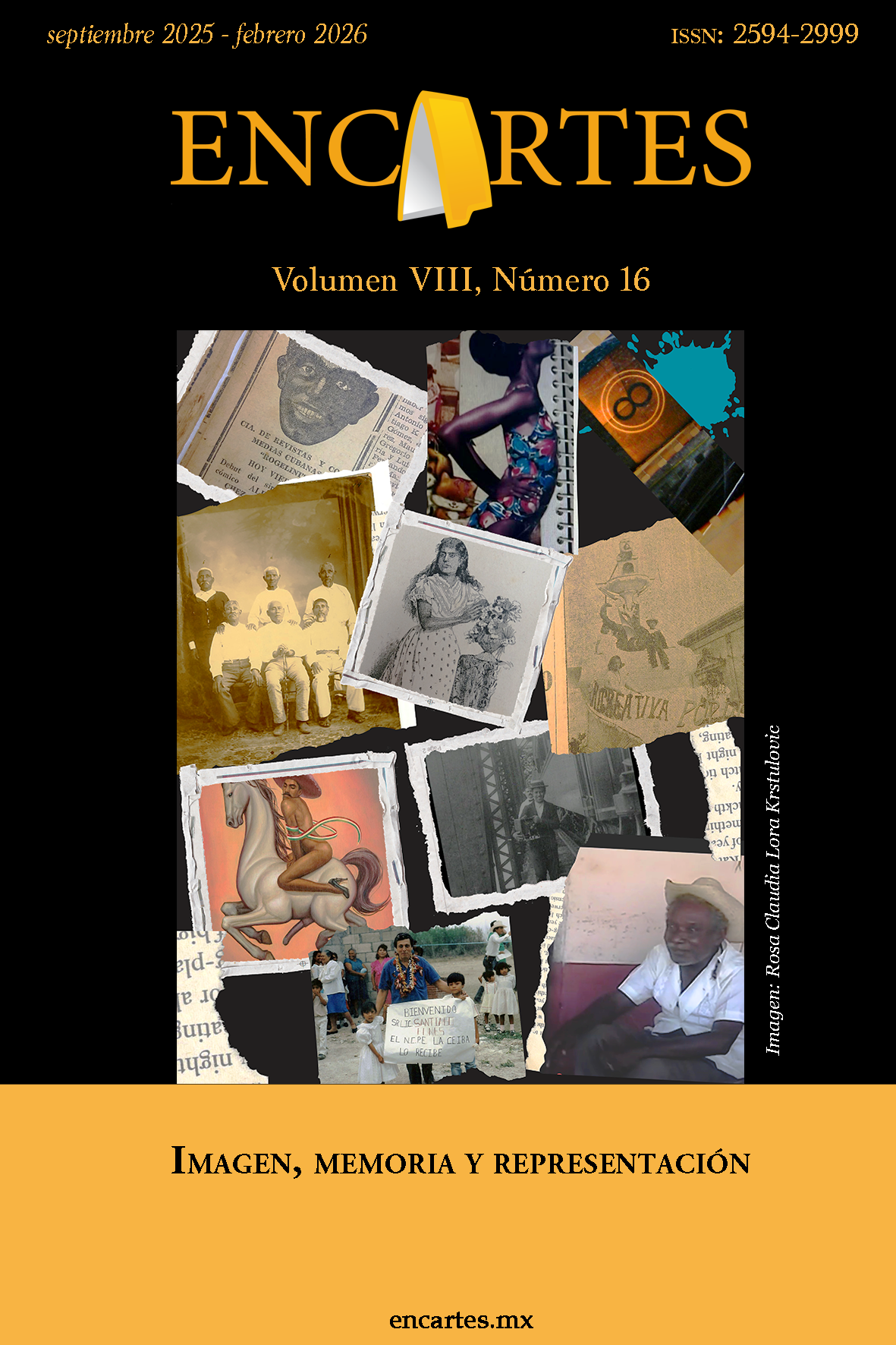Índices
|
|
|

Encartes es una revista académica, digital y multimedia en ciencias sociales editada en México. Es financiada en partes iguales por el Centro de Investigaciones y Estudios Superiores en Antropología Social (CIESAS), de El Colegio de la Frontera Norte (El Colef), el Instituto Tecnológico y de Estudios Superiores de Occidente (ITESO) y El Colegio de San Luis (COLSAN). Nuestro objetivo es la publicación de artículos y reseñas que sean producto de investigación y aporten resultados originales a este campo. Su publicación será semestral, publicando un número non en primavera (marzo-septiembre) y un par en otoño (septiembre-marzo). Además de artículos y ensayos textuales, Encartes también publica resultados de investigación en registros audiovisuales y multimedia y busca alentar a la publicación de ensayos científicos multi-códigos, y a la construcción de un espacio virtual que genere foros de debate interdisciplinarios.

Con el número 16 cumplimos ocho años de publicación semestral de Encartes. En esta ocasión el Dosier de temáticas “Imagen, memoria y representación”, coordinado por Nahayeilli B. Juárez Huet, Claudia Lora Krstulovic, Laura Machuca Gallegos, contiene siete artículos de investigadores que participan en la Red de Investigaciones Audiovisuales (RIAV) del Centro de Investigaciones y Estudios Superiores de Antropología Social (CIESAS). La muestra de trabajos que aquí publicamos manifiesta la importancia que tiene el estudio de la imagen en los estudios históricos, etnohistóricos y antropológicos que se desarrollan en CIESAS y que, lamentablemente, muchas veces no cuentan con el reconocimiento de su contribución a dichas disciplinas, ya que se publican de forma dispersa.
Albergamos con entusiasmo esta serie de trabajos que abordan la relevancia de la imagen en las configuraciones de memorias e imaginarios identitarios. Los artículos enriquecen las posibilidades creativas con las que las imágenes influyen en distintos ámbitos, como son el arte pictórico, los archivos fotográficos, pero también en las escenificaciones de las tradiciones populares (como puede ser el carnaval o la danza) en la prensa, en exposiciones pensadas para generar sentimientos patrióticos y nacionalistas. Los distintos artículos abordan diferentes épocas, diversas regiones, varios actores. Además, se desarrollan en distintas disciplinas, pero lo interesante es que comparten el uso de distintas herramientas audiovisuales en su investigación. Las ideas con las que pensamos al mundo y nuestra ubicación en él no solo se desprenden de lenguaje hablados, sino también, y de forma fundamental, de las imágenes que evocan recuerdos y proyectan formas específicas de representar grupos sociales (étnicos, raciales, de género, de época, nacionales, institucionales, regionales), pero también con las imágenes se buscan forjar modelos para imaginar y actuar en el mundo.




Encartes, vol. 7, núm. 14, septiembre 2024-febrero 2025, es una revista académica digital de acceso libre y publicación semestral editada por el Centro de Investigaciones y Estudios Superiores en Antropología Social, calle Juárez, núm. 87, Col. Tlalpan, C. P. 14000, México, D. F., Apdo. Postal 22-048, Tel. 54 87 35 70, Fax 56 55 55 76, El Colegio de la Frontera Norte Norte, A. C., Carretera escénica Tijuana-Ensenada km 18.5, San Antonio del Mar, núm. 22560, Tijuana, Baja California, México, Tel. +52 (664) 631 6344, Instituto Tecnológico y de Estudios Superiores de Occidente, A.C., Periférico Sur Manuel Gómez Morin, núm. 8585, Tlaquepaque, Jalisco, Tel. (33) 3669 3434, y El Colegio de San Luís, A. C., Parque de Macul, núm. 155, Fracc. Colinas del Parque, San Luis Potosi, México, Tel. (444) 811 01 01. Contacto: encartesantropologicos@ciesas.edu.mx. Directora de la revista: Ángela Renée de la Torre Castellanos. Alojada en la dirección electrónica https://encartes.mx. Responsable de la última actualización de este número: Arthur Temporal Ventura. Fecha de última modificación: 19 de abril de 2023.
